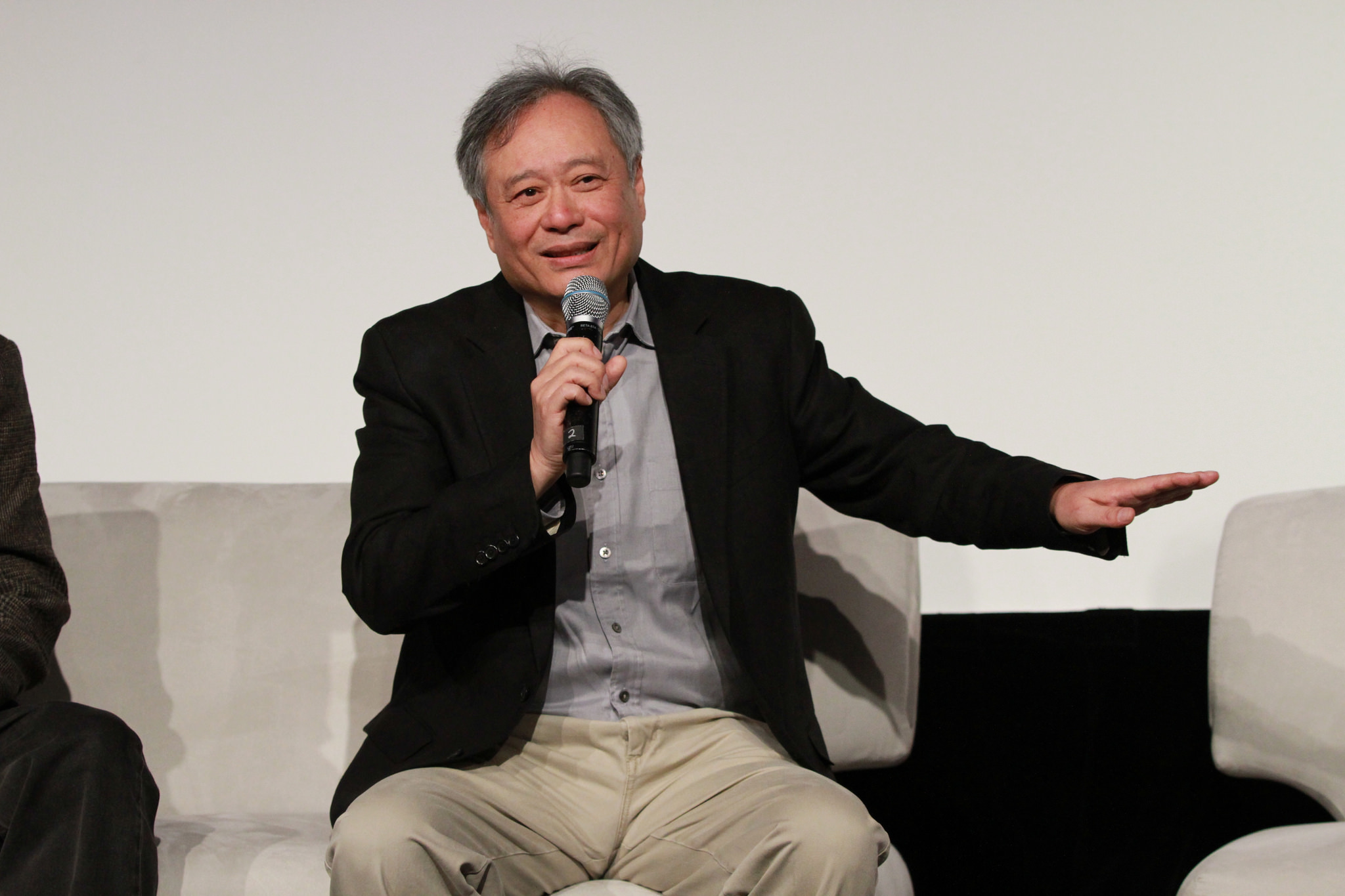Entertainment
Ang Lee believes new film technology is worth trying again

With Chinese investment growing in Hollywood, Ang Lee sees the influx of new money as strengthening the existence of the studio system but also hopes it will bring something fresh to the film industry. (Photo: The Society of Motion Picture and Television Engineers/Flickr)
TAIPEI, Taiwan—Ang Lee believes the new technology that made for hyper-realistic action in “Billy Lynn’s Long Halftime Walk” is worth trying again.
So much so the two-time Oscar-winning director will use the faster frames-per-second format in his next project, the boxing movie “Thrilla in Manila.
”
“When you get on the bike, you fall, you don’t make conclusion that two wheels make you fall. You try again. I would do it,” he told The Associated Press recently in Taiwan while promoting his film adaptation of the 2012 Ben Fountain book about an American soldier’s public-relations tour after fighting in the Iraq war.
The director shot the film in 3D, 4K resolution, at 120 frames-per-second, five times the traditional 24 frames per second. The result is sometimes-jarring realism, with actors’ faces seen in unfiltered intimacy and background scenery so detailed it seemed artificial. Lee, however, is pleading with viewers to watch the film with an open mind.
“I think it’s a lot to take in. I don’t think we should make up our mind yet because it’s something that just begin,” he said, noting the newness of the technology. “I think it’s a legitimately good format for artist expression.
”
The faster format has other advocates. Peter Jackson tried at a mere 48 frames per second with “The Hobbit” trilogy, and James Cameron has said he will use it in “Avatar” sequels.
With one film completed in the format, Lee said he feels better prepared to tackle its challenges when he works on “Thrilla in Manila,” a film scheduled for 2018 about the final fight between Muhammad Ali and Joe Frazier in the Philippine capital in 1975.
“This movie (“Billy Lynn’s”) has the halftime show, show business, from a soldier’s perspective, from behind the scene. It has the battle scenes. That (“Thrilla in Manila”) has, of course, boxing with dimension and clarity, you see things you never experience before. I think that’s all good. I just thought this format is particularly good to study faces and doing dramatic movies,” Lee said.
Born and raised in Taiwan, Lee earned acclaim with Mandarin-language films such as “The Wedding Banquet” and “Eat, Drink, Man, Woman.” He soon began making Hollywood films and received Oscars for directing “Brokeback Mountain” and “Life of Pi.”
With Chinese investment growing in Hollywood, Lee sees the influx of new money as strengthening the existence of the studio system but also hopes it will bring something fresh to the film industry. “I hope the effect is a positive reinforcement. It brings freshness because they’re still people who have a lot of dreams,” Lee said.
While some might hope Chinese investment will bring diversity in Hollywood, Chinese director Zhang Yimou’s “The Great Wall” has been criticized for inserting a white hero into a fictional tale of Chinese history and starring a white actor. But Lee says commercial interests trump other issues at times.
“Matt Damon is Matt Damon. There will be a time when a Chinese star will be more famous,” the director said. “We will get our turn.”
As for the 2017 Academy Awards, Lee is looking forward to more diverse awards but also believes filmmakers should let their work speak for themselves.
“You make the best movie possible. I don’t think about that (diversity) very much, to be honest with you. I think it’s important that we make good movies that influence people’s lives, inspiring people (that) they can take from the movie. I think the movies will speak for themselves. That’s what I believe in.”
“Billy Lynn’s Long Halftime Walk” hits theatres in the United States, Hong Kong, China and Taiwan on Friday.





















